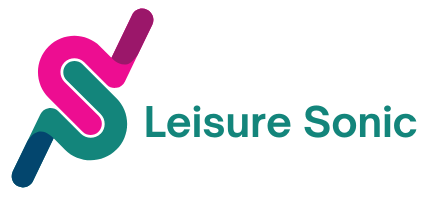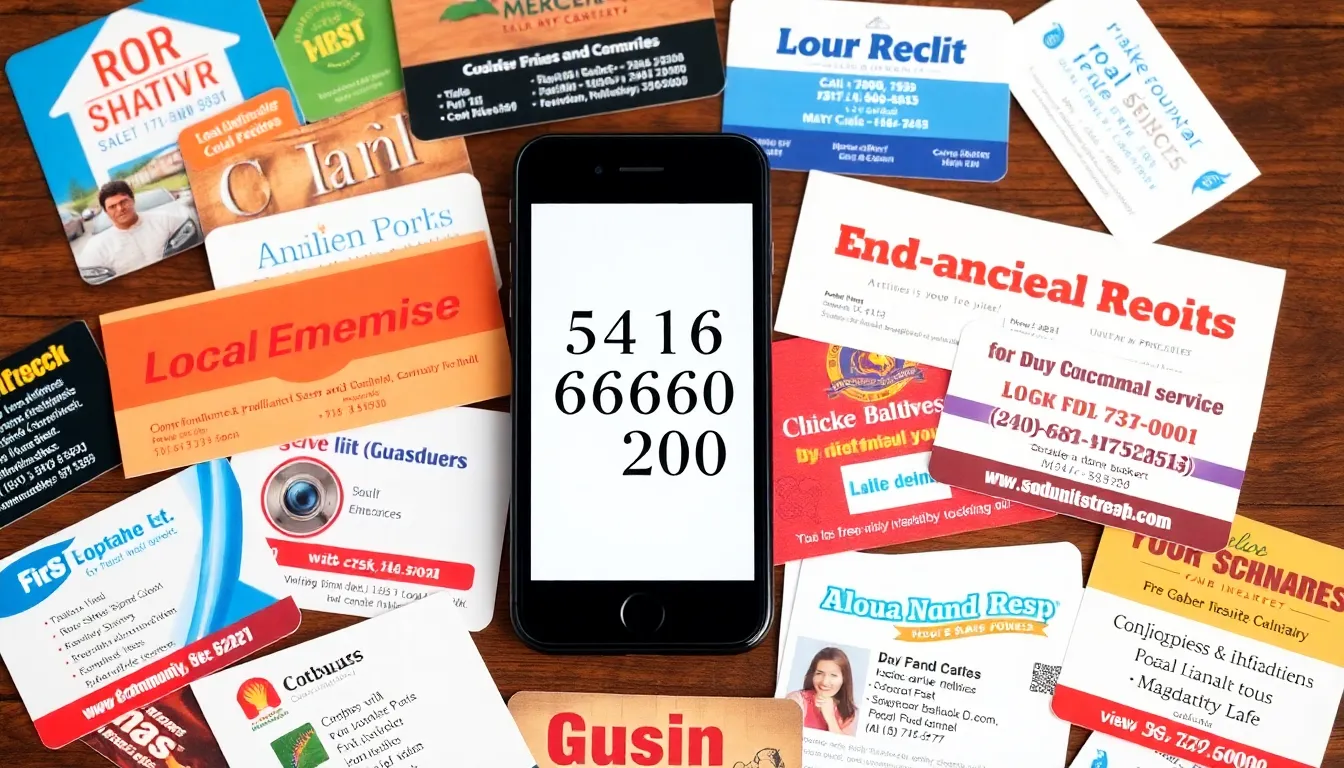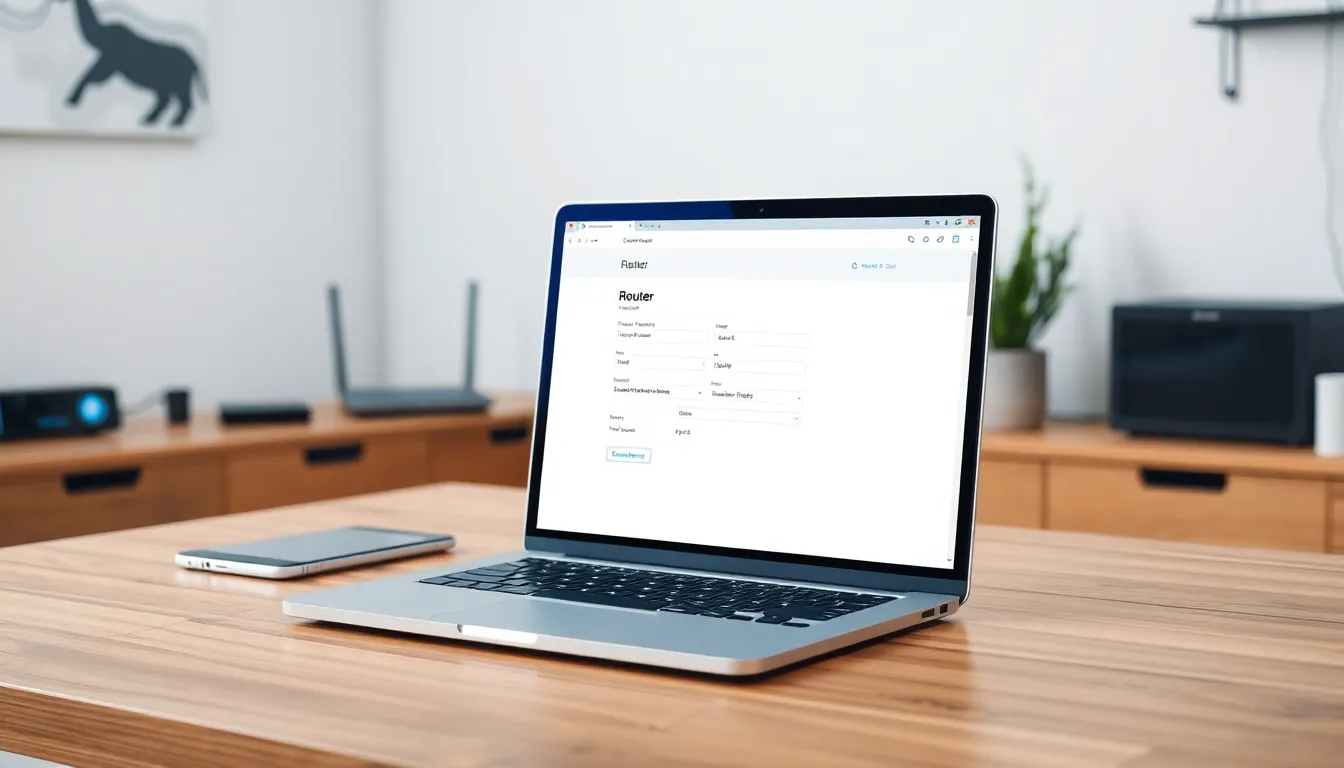Table of Contents
ToggleIn a world where everyone seems to be glued to their smartphones, mobile health apps have emerged as the superheroes of personal wellness. Gone are the days of scribbling down workouts or tracking meals on paper—now, it’s all about tapping and swiping your way to a healthier lifestyle. Whether it’s a cheeky reminder to drink water or a virtual coach cheering on your every squat, these apps are here to make health management less of a chore and more of a game.
Overview Of Mobile Health Apps
Mobile health apps facilitate personal wellness management, adapting to various user needs. Many users utilize these applications for tracking physical activity, dietary habits, and mental well-being. Often, they contain engaging features like goal setting and progress reminders, which enhance motivation. Research indicates that approximately 60% of smartphone users have at least one health-related app downloaded.
Specific categories of mobile health apps exist, including fitness trackers, nutrition logs, and medication reminders. Fitness tracking apps help users monitor workouts, while nutrition apps assist with meal planning and calorie tracking. Medication reminder apps support users in maintaining their medication schedules. Data shows that users benefit from utilizing apps that address multiple health aspects.
Privacy and data security remain vital concerns for users. Developers implement measures to protect personal information and comply with regulations like HIPAA. As a result, users become more confident while sharing their health data.
The integration of wearable technology enhances the effectiveness of mobile health apps. Devices like smartwatches track heart rate and sleep patterns and sync data with corresponding applications. Such integrations allow users to access comprehensive health insights easily.
Additionally, telehealth features enable virtual consultations between patients and healthcare providers. This convenient option expands access, especially for individuals in remote areas. Evidence shows that telehealth services encourage user engagement and improve health outcomes.
Mobile health apps continue to evolve, incorporating AI and machine learning for personalized experiences. Enhanced algorithms analyze user data to suggest tailored health recommendations. This ongoing innovation ensures these apps remain relevant in promoting personal wellness.
Benefits Of Mobile Health Apps

Mobile health apps offer significant advantages for users managing their wellness. From enhancing patient interaction to enabling precise data tracking, these applications provide essential support in the journey toward better health.
Improved Patient Engagement
Mobile health apps foster increased engagement by creating personalized experiences for users. Users access resources tailored to their needs, which motivates them to pursue healthy habits. Real-time feedback keeps individuals informed about their progress. Notifications and reminders prompt timely actions, ensuring users stay accountable for their health goals. Interactive features, such as community forums, further cultivate a sense of connection and support. Those looking for guidance benefit from built-in coaching options that encourage consistency, making health management simpler and more effective.
Enhanced Data Tracking
Data tracking capabilities of mobile health apps contribute to accurate health monitoring. Users log workouts, dietary habits, and vital statistics effortlessly, gaining valuable insights into their overall wellness. Visual representations of health metrics help individuals grasp their progress over time. Customizable tracking options allow users to set specific goals and adjust them as needed. Regular assessments in app analytics inform users about trends and areas requiring attention. With the ability to share data with healthcare providers, users strengthen their care relationships, facilitating informed decision-making that enhances health outcomes.
Types Of Mobile Health Apps
Mobile health apps come in various forms, each tailored to specific health needs and user preferences. This diversity enhances personal wellness management by providing tools for fitness, medication adherence, and more.
Fitness Tracking Apps
Fitness tracking apps help users monitor physical activity through features like step counting, workout logging, and progress tracking. These applications enable users to set fitness goals, track their progress, and receive personalized feedback. Popular examples include MyFitnessPal and Fitbit, which allow seamless integration with wearable devices. Approximately 60% of health app users actively engage with fitness trackers, promoting healthier lifestyles. Users appreciate the motivation that comes from seeing real-time results and celebrating achieved milestones.
Medication Reminder Apps
Medication reminder apps assist users in adhering to prescribed medication schedules. These tools send notifications for medication intake, ensuring that users don’t miss doses. Reliable examples are Medisafe and Pill Reminder, both designed for ease of use and customization. With approximately 50% of patients failing to take their medications as directed, these apps play a vital role in improving medication adherence. Integration with health records allows users to keep comprehensive logs of their medication history, enabling better communication with healthcare providers.
Challenges In Mobile Health Apps
Mobile health apps face several challenges that can limit their effectiveness and user adoption. Data privacy and user accessibility rank among the most pressing issues.
Data Privacy Concerns
Data privacy concerns frequently arise when users engage with mobile health apps. With the vast amount of personal information collected, users often worry about how their data is stored and used. Many apps gather sensitive health data, making adherence to regulations like HIPAA essential. Developers need to implement robust security measures to protect this information, as breaches can lead to significant distrust among users. According to studies, nearly 80% of smartphone users express concerns about their health data safety. Therefore, clear privacy policies and transparent data usage explanations are critical for building user confidence in these applications.
User Accessibility Issues
User accessibility issues present significant barriers to effective health management through mobile health apps. Many individuals, particularly older adults and those with disabilities, struggle with technology complexity. Features such as overly complicated navigation can hinder user engagement, as nearly 30% of older smartphone users report difficulties accessing health-related apps. To mitigate these challenges, developers should focus on creating intuitive interfaces and providing inclusive design options. Accessibility improvements like voice commands, larger text options, and simplified menus can enhance usability. As a result, more individuals may successfully utilize mobile health apps to support their wellness journeys.
Future Trends In Mobile Health Apps
Mobile health apps are set to transform personal wellness management further. Increased integration of artificial intelligence enhances user experiences by offering tailored recommendations based on individual health data. Machine learning algorithms analyze user behavior, adapting to preferences and promoting healthier lifestyle choices over time.
With advancements in telehealth, apps are expanding virtual consultation capabilities. This evolution allows users to connect with healthcare providers directly, offering convenient access to professional support. Remote patient monitoring features are also becoming more common. Devices and wearables track vital signs, sending data to healthcare providers for timely intervention.
Gamification continues to play a significant role in user engagement. By adding game-like elements, such as rewards and challenges, apps motivate individuals to pursue health goals actively. Approximately 70% of users find that these interactive elements significantly increase their commitment to fitness and wellness.
Data security measures are advancing as well. Developers are implementing robust encryption protocols to safeguard personal health information. Nearly 80% of users prioritize apps with clear privacy policies, making transparency integral to app design.
Accessibility improvements are essential for meeting the needs of a broader audience. Focus on user-friendly interfaces caters to individuals with disabilities and older adults, promoting inclusivity in wellness journeys. Moreover, voice-activated features are becoming standard. Speech recognition technology allows users to navigate apps hands-free, enhancing usability.
Mobile health apps are evolving rapidly, incorporating cutting-edge technology to enhance personal wellness. Focused on security, accessibility, and user engagement, these innovations promise to reshape how individuals manage their health in the future.
Mobile health apps are transforming personal wellness management by making health tracking more accessible and engaging. Their ability to adapt to individual needs while integrating advanced technologies ensures they remain relevant in a fast-evolving landscape.
As users increasingly rely on these tools for fitness, nutrition, and medication management, the emphasis on data security and user-friendly design becomes paramount. The future of mobile health apps looks promising with the incorporation of AI and telehealth features, which will further enhance user experience and health outcomes.
With ongoing advancements, these apps are set to play a crucial role in promoting healthier lifestyles and improving the overall quality of care.





